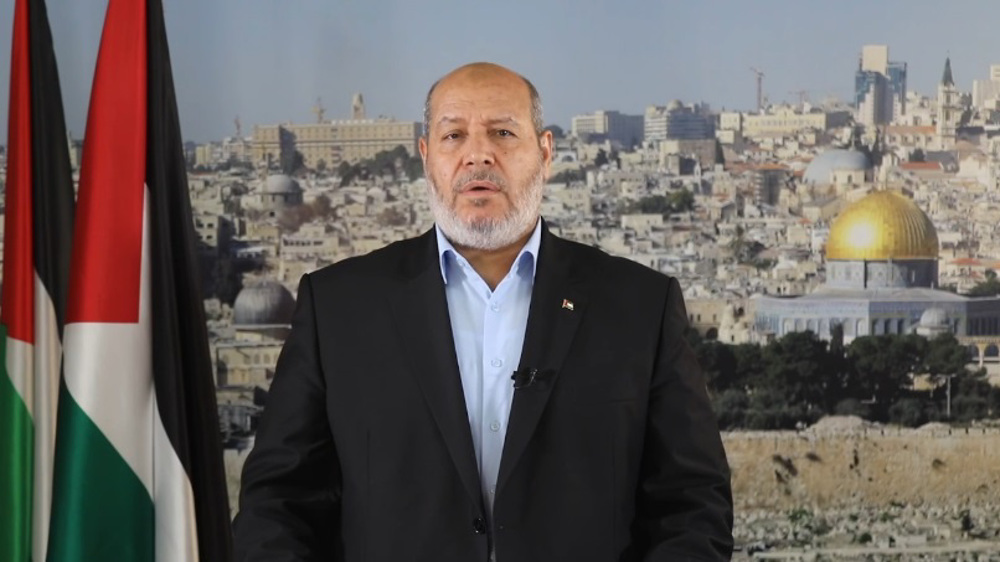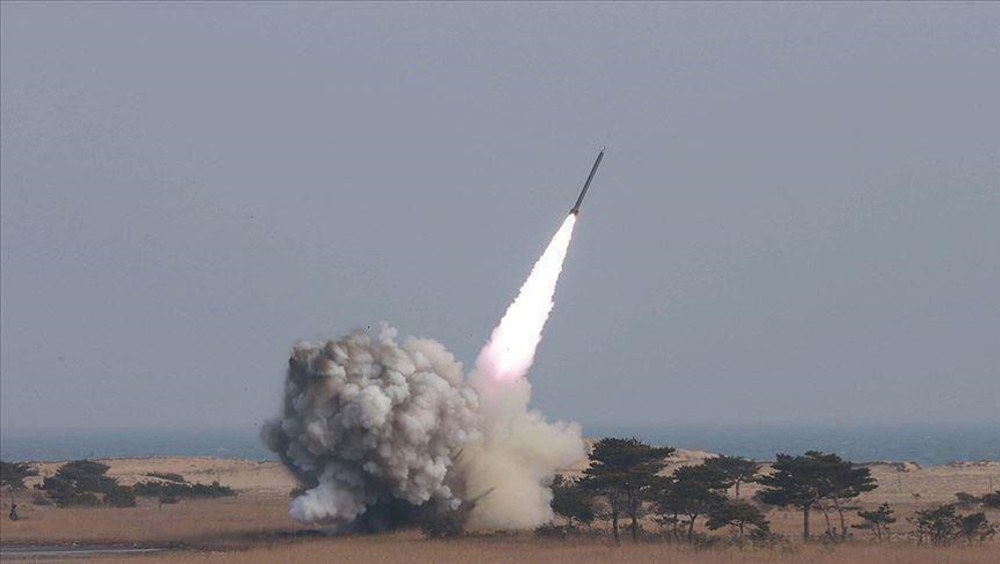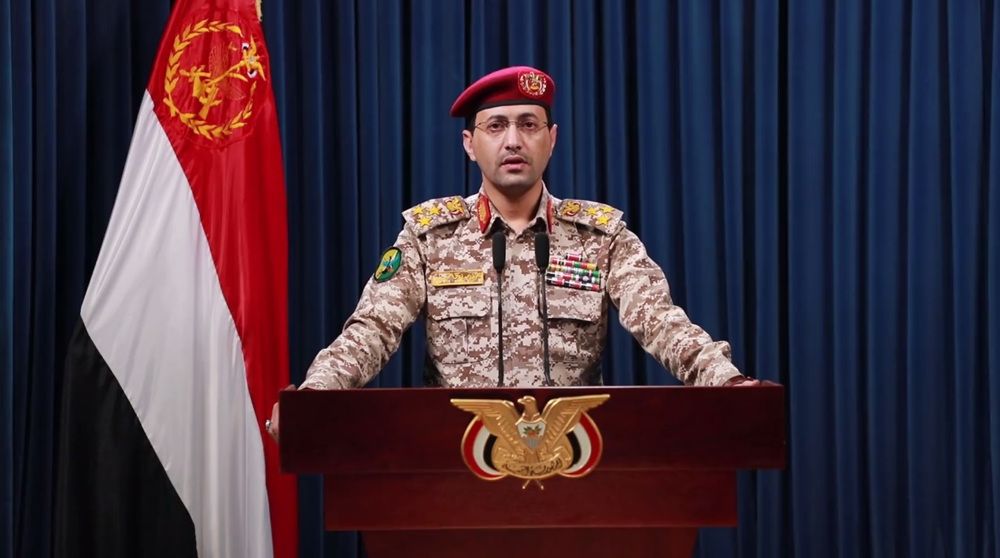Saudi Arabia used US-made bomb to destroy Yemen hospital: Amnesty
Amnesty International says Saudi military aircraft pounded a hospital in Yemen’s northwestern province of Hajjah with a US-built bomb last month, calling on the United States and Britain to stop selling munitions to Riyadh and its allies in the war against conflict-ridden Yemen.
According to the London-based rights watchdog, a “US-made precision-guided Paveway-series aerial bomb” was used in the deadly August 15 attack against the Abs hospital, which was supported by the international medical charity Médecins Sans Frontières (MSF), or Doctors Without Borders.
The MSF says the assault left 19 people, including one of its staff members, dead and several others injured.
According to MSF, there were 23 patients in surgery, 25 in maternity ward, as well as 13 newborns and 12 patients in pediatrics wards at the time of the bombing.
“It is outrageous that states have continued to supply the Saudi Arabia-led coalition with weapons, including guided and general purpose aerial bombs and combat aircraft,” Philip Luther, Director of the Middle East and North Africa Programme at Amnesty International, said.
He added that there is “stark evidence that those arms are being used to attack hospitals and other civilian objects and in other serious violations of international humanitarian law.”
“This attack highlights, yet again, the desperate need for a comprehensive embargo on all weapons that could be used by any of the warring parties in Yemen and for an international investigation to bring those responsible for unlawful attacks to justice,” Luther pointed out.
Saudi jets pound Yemen over 70 times
Meanwhile, Saudi military aircraft have reportedly carried out at least 71 fresh airstrikes against various targets in Yemen.
Early on Monday, Saudi fighter jets conducted three attacks against the National Security building in Sarf area, four on Naqil Yaslah region, four on Sanhan area, four against Sawd region and a single attack against Nihm district in Yemen's western-central province of Sana'a.

There were, however, no immediate reports about possible casualties and the extent of damage caused.
Elsewhere in Yemen's northwestern province of Amran, Saudi warplanes struck the eastern flank of the provincial capital city three times. They also launched three strikes against Iyal Surayh district in the same province.
Additionally, Saudi jets bombed Sahar district. They also pounded As Safra district twice and Monabbih and Thu’ban districts more than 20 times.
Saudi military aircraft also struck the Republican Guards Academy in Sana’a as well as Hodeida International Airport.
So far, there have been no reports of casualties from the bombardments.
Yemeni forces target Saudi base
On Sunday evening, Yemeni army forces, backed by allied fighters from Popular Committees, launched a number of Katyusha rockets at the Rajla military camp in Saudi Arabia’s southwestern Najran region. No casualties were reported.

Saudi Arabia has been incessantly pounding Yemen since March 2015, with the UN putting the death toll from the military aggression at about 10,000. The offensive was launched to reinstate Abd Rabbuh Mansur Hadi, a Saudi ally who has resigned as Yemen’s president.
UN Humanitarian Coordinator for Yemen Jamie McGoldrick said last month that the death toll from the Saudi military aggression could rise even further as some areas had no medical facilities, and that people were often buried without any official record being made.
Hamas thanks Iran, Resistance Front following achievement of ceasefire in Gaza
'Capitulation': Israeli officials and media concede Gaza defeat as truce unfolds
'Gaza has won': Social media users react to ceasefire with mix of relief, joy
Iran seeks South Korea’s assistance for AI, fiber-optic projects
VIDEO | Iran's 'Eqtedar' (Power) maneuver
Israel hits HTS military target in Syria for 1st time since fall of Assad
VIDEO | Press TV's news headlines
Israel has slaughtered 13,000 students in Gaza, West Bank















 This makes it easy to access the Press TV website
This makes it easy to access the Press TV website